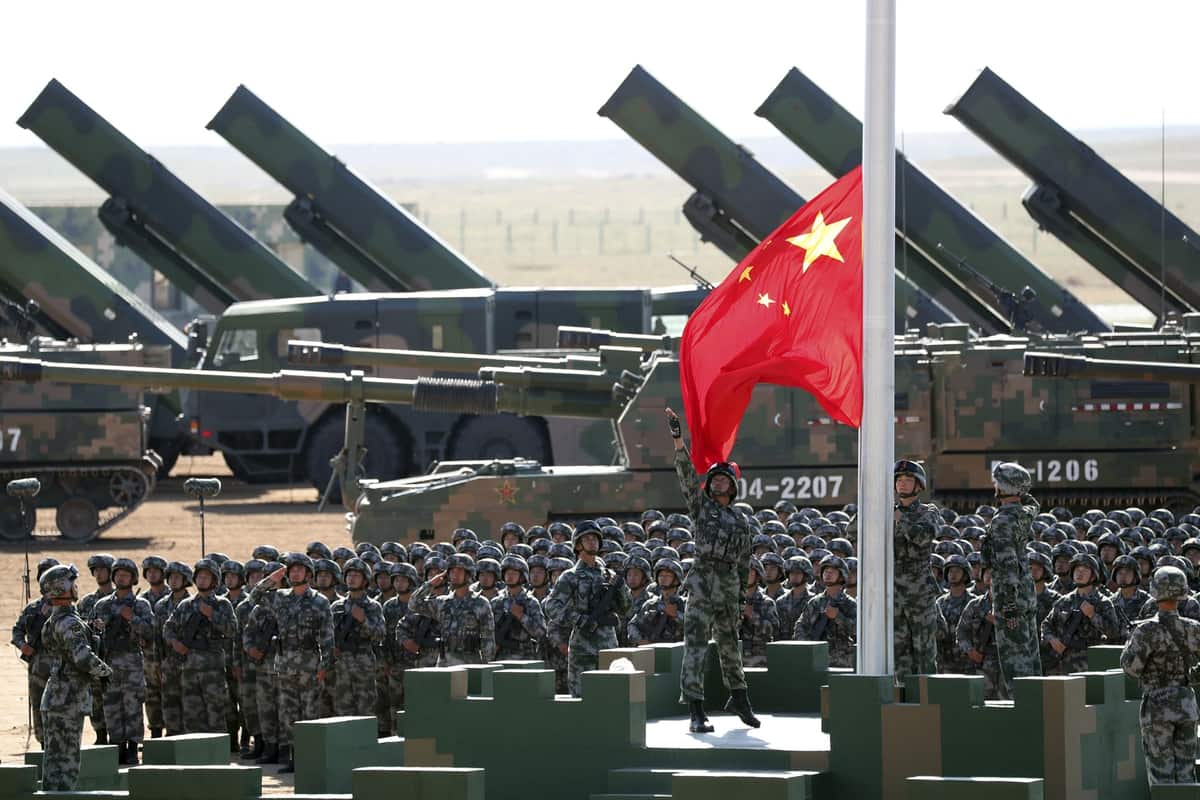China’s missile-borne anti-interference antenna for its State-own BeiDou Navigation Satellite System will be delivered to the country’s People’s Liberation Army (PLA) within this year, according to a defense technology firm spokesperson on Thursday.
Jin Zhongshu, deputy general manager of the Beijing Li Gong Navigation Technology Co, made the remarks during an interview with the Global Times on Thursday on the sidelines of the China Satellite Navigation Exhibition at the ongoing 9th China Satellite Navigation Conference (CSNC) in Harbin of Northeast China’s Heilongjiang Province.
“The domestically-built missile-borne anti-interference antenna is based on array signal processing technology, and will greatly help the PLA units counter the enemy’s jamming efforts against the BeiDou system in battle,” Jin said.
Jin declined to reveal the missiles to be used with their anti-jamming antenna.
The antenna will allow PLA units to accurately navigate within 100 meters of the enemy’s jamming device operating at one watt, whereas without the antenna, a range beyond 10 kilometers surrounding the jamming source could be severely affected, Jin explained.
The Beijing-based firm is primarily engaged in the research and development of national defense-oriented BeiDou navigation-support products, and has been providing airborne anti-jamming antennas for the PLA, including for the carrier-based J-15 as well as for H-6 bomber jets.
BeiDou’s BeiDou’s military-grade, civilian use products are also flourishing at the exhibit.
Aside from traditional mapping and surveying services, BeiDou has already been providing precise navigation services to mobile terminals such as cell phones, although many users may have not noticed yet, said communications chip insiders at the exhibit.
“Since the BeiDou B1 and US GPS L1 are working on the same frequency band, many phones are already integrated with chips capable of receiving signals from both,” Zhang Zhijian, an employee with Unicore Communications, a communication firm affiliated with Beijing BDStar Co, told the Global Times.
The only difference is if the phone has a built-in US chip, like a Qualcomm chip, the phone will give high priority to process US navigation signals, the GPS, rather than that from BeiDou, Zhang said.
Chinese cell phones with Chinese-developed chips will give priority to the BeiDou, and such a priority difference does not necessarily mean that GPS and BeiDou are mutually exclusive, because the more navigation signals there are, the more reliable the service gets, Zhang noted.










